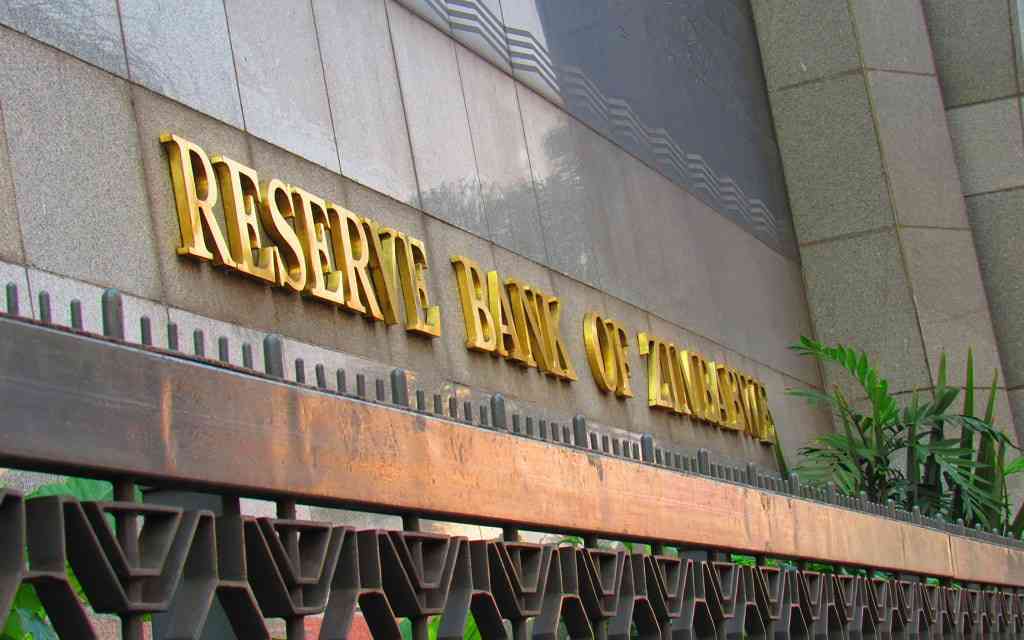
GOVERNMENT should take full responsibility for the losses incurred following a landmark ruling declaring that a debt owed in United States dollars incurred on or before February 22 last year should be liquidated by paying in local currency at the rate of 1:1.
BY MTHANDAZO NYONI
Last month, the Supreme Court ruled that debts denominated in US dollars immediately before February 22 last year, the effective date of Statutory Instrument 33 of 2019, shall on or after that date be valued in RTGS dollars on a 1:1 rate.
However, the Zimbabwe Coalition on Debt and Development (Zimcodd) said even though the ruling liberated debtors, it was throwing several companies, including foreign investors and creditors, under the bus.
“The government should take full responsibility over the losses incurred due to this policy change, which is escalating into disputes and conflicts among individuals and companies. There is need for the government to take serious consideration of the detrimental effects of this move on businesses to avoid further damage to an already ailing economy,” the lobby organisation said.
Zimcodd said government should also address the issue of policy inconsistencies to avoid further erosion of public trust and investor confidence in the government.
“The court ruling is borne out of the long-standing currency crisis and it is critical for the government to address the currency issue once and for all.”
“The government must develop a clear policy transition framework that affords people enough time for forward planning and adjustments to avoid unavoidable losses of this nature,” it said.
- Chamisa under fire over US$120K donation
- Mavhunga puts DeMbare into Chibuku quarterfinals
- Pension funds bet on Cabora Bassa oilfields
- Councils defy govt fire tender directive
Keep Reading
While the ruling is silent on fate of pension payouts and other savings, Zimcodd said ordinarily, people’s lifetime savings had been eroded.
“There is no incentive for people to save considering that people lost their savings in 2008 and merely a decade later people’s savings are further eroded,” it said.
Zimcodd said a low personal saving rate may cause national savings to be insufficient to support the level of investment necessary to sustain a high level of long-run economic growth without excessive dependence on foreign capital.
“At a time where the external debt is already unsustainable, government induced low savings lead to a vicious cycle of debt.”










